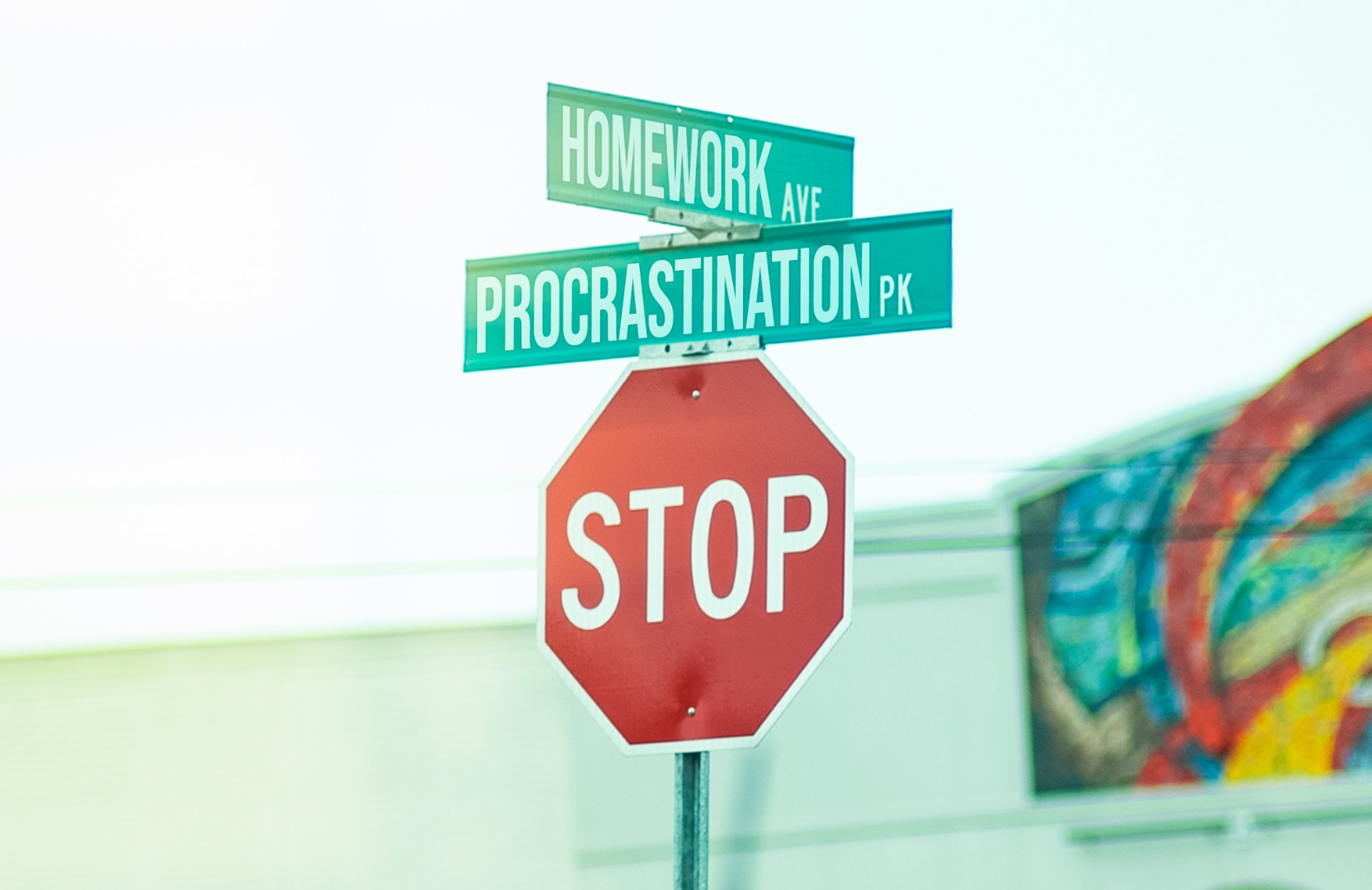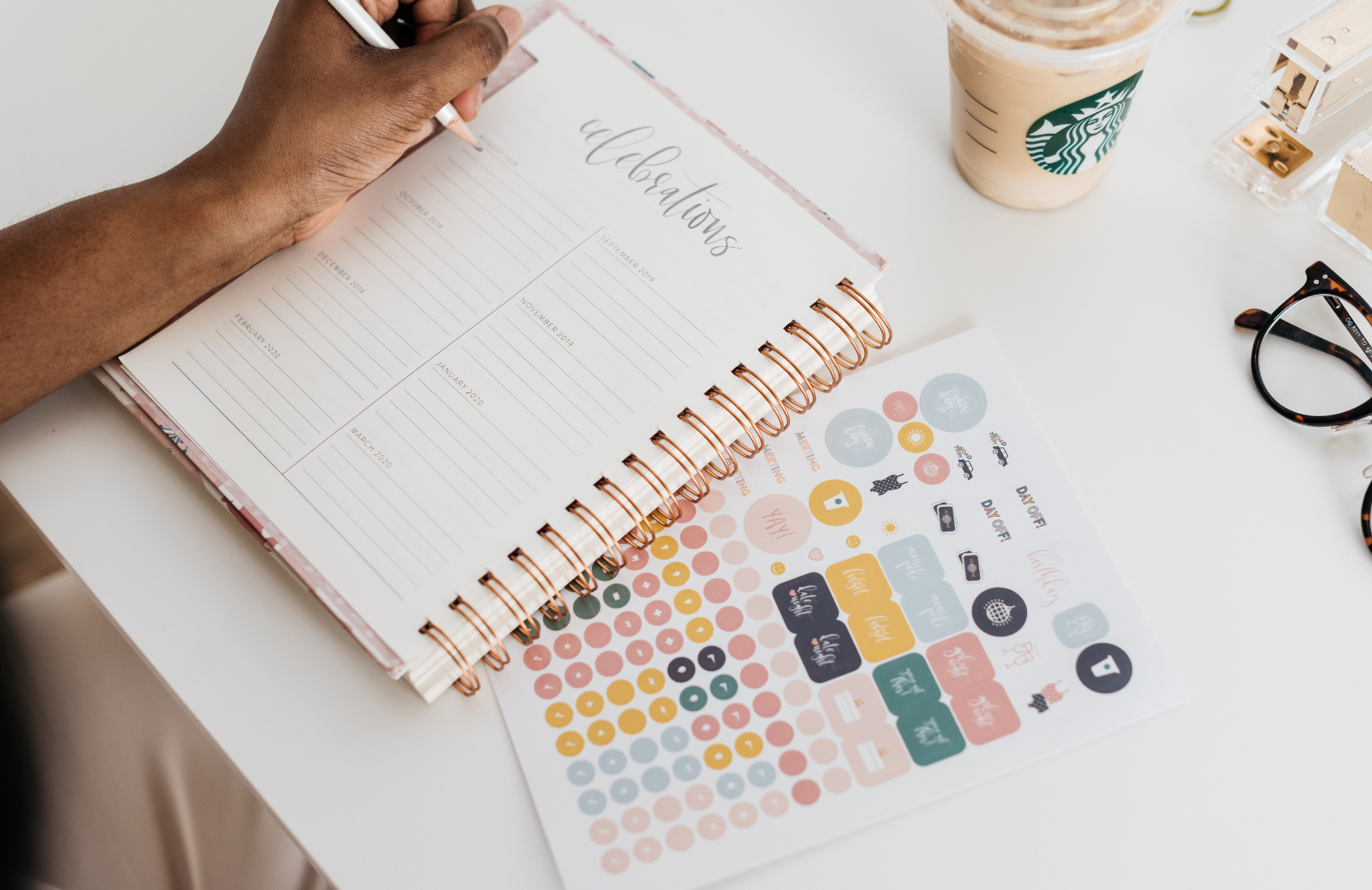As a student, you pick up plenty of new skills, for example, getting from Allard Hall to Building 6 in 10 minutes, an absolute mastery of Ctrl-F, and how to re-tell the most interesting fact about yourself in all of your class introductions.
Unfortunately, a less productive skill students become very good at is procrastination. While this may work in university, it’s a tactic that can lead to more stress and disgruntled co-workers than strictly necessary, and it won’t set you up for long-term success.
You might think you’re the only one who decides to binge-watch an entire Netflix series after writing the first line of an essay, but you’re not alone.
According to the National College Health Assessment, 73.2 per cent of university student respondents reported procrastinating in 2021. Additionally, 41.1 per cent of respondents reported experiencing moderate distress because of their procrastination, and 26.5 per cent experienced high distress.
Here are some tips to break your procrastination habit and to save you from nail-biting deadlines. Full disclosure, I spent a ridiculous amount of time procrastinating writing this article. Does that make me the most qualified person to write this? Most definitely not. However, I do have plenty of experience with procrastination, so I’ve figured a few things out.
1. Write yourself a to-do list
Laying out all the tasks you want to get done in a day can be a helpful way to set goals for yourself. And, when you complete tasks, cross them off! You’ll be able to see your progress, but most importantly, you’ll get a little hit of satisfaction that’s just too good to pass up.
Make sure to write a manageable to-do list. Lofty goals are not helpful here. You’re not realistically able to complete a 40-page research paper in one day, so don’t write “complete research paper” on your list. Instead, write “start research paper” or “work on literature review for research paper.”
You can make your tasks even more specific by including a time limit and parameters, like a wordcount to accomplish. Don’t let yourself get too carried away with this, though. As they say, progress is progress, if you write 1,000 words or 100.
If you’re having trouble getting started on your to-do list tasks, start smaller. Include tasks on your to-do list that you know you’re going to complete, like brushing your teeth, eating lunch, or watering your plants, so you can start to see some progress.
The only hurdle is actually getting yourself to write a to-list. If you spend all day procrastinating writing the list, then this might not be the strategy for you.
2. Schedule downtime
We all know that downtime is important, but it’s still the first thing to go when school and work and miscellaneous responsibilities begin to pile up.
Instead, reframe down time as non-negotiable, and set aside time every day that you can spend doing something you enjoy. Think of it almost as a deadline: No work after 8 p.m., for example. When you know you have something fun waiting for you at the end of the day, it will be a bit easier to power through your must-do tasks.
3. Create a dedicated workspace
Having one space that is exclusively for work makes it much easier to get into a productive mindset. We’ve spent so much time holed up in our homes over the pandemic that our bedrooms or living rooms might not be the most productive spaces anymore. Consider moving into a different location altogether to get yourself out of a procrastination funk.
4. Self-compassion
While we might think that procrastination stems from too many distractions or a lack of focus, that might not be the whole story.
In a Globe and Mail article, Fuschia Siros, professor of psychology at Durham University, notes that people often procrastinate when they’re anxious about completing a task. Instead of “pushing yourself harder and further through… the whip of self-criticism,” she suggests compassion and forgiveness, instead.
Don’t beat yourself up for procrastinating. Instead, acknowledge that you can’t be perfect, that you and everyone else makes mistakes, and move on.
Hopefully some of these tips work for you and help you break free of your procrastination habits. Good luck on your assignments and exams this term!





0 Comments